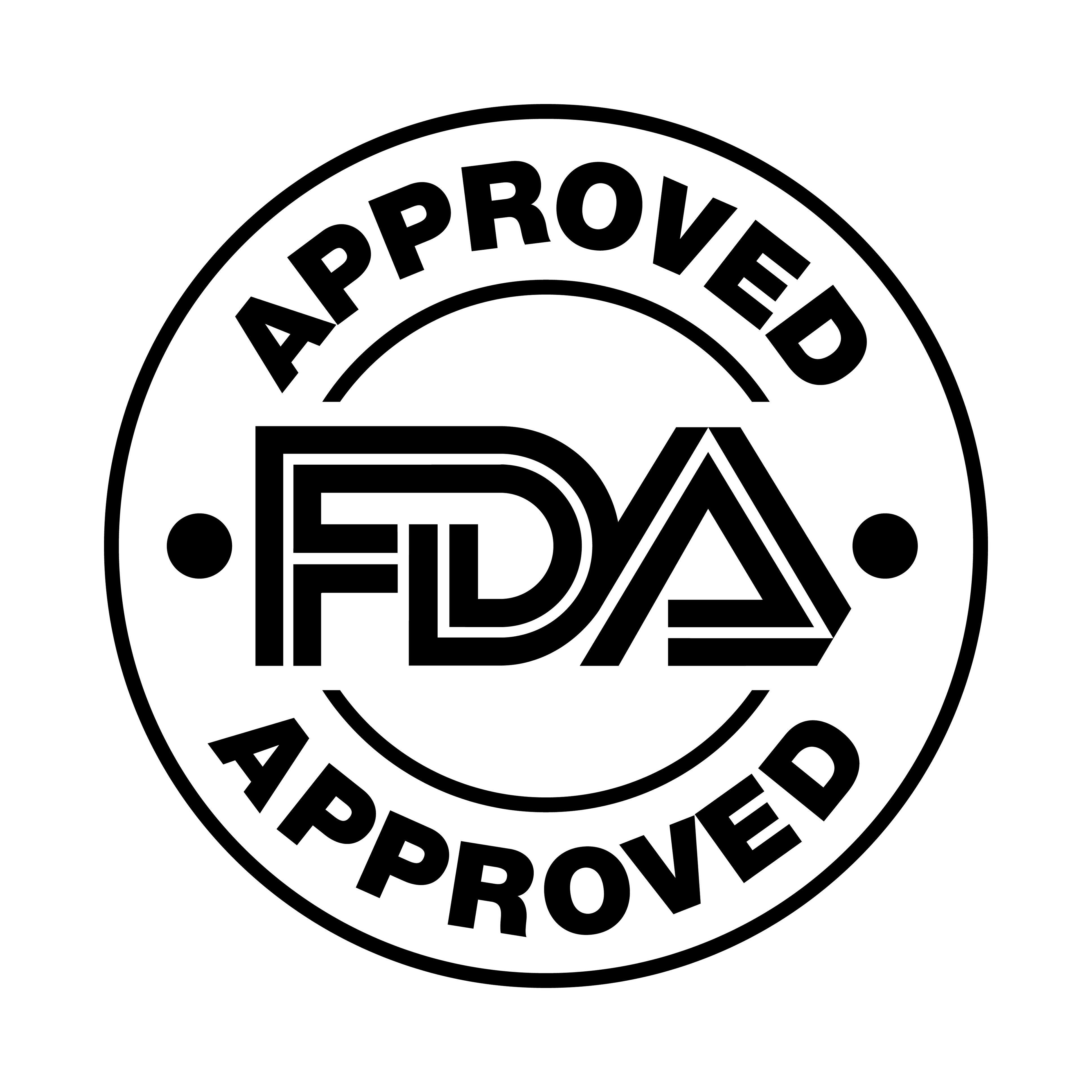FDA approves sarilumab to treat active polyarticular juvenile idiopathic arthritis
pJIA can lead to an increased risk of permanent joint damage as well as delayed growth and development.
FDA approves sarilumab to treat active polyarticular juvenile idiopathic arthritis | Image Credit: © Calin - © Calin - stock.adobe.com.

Sarilumab (Kevzara; Regeneron and Sanofi) has been approved by the FDA for the treatment of active polyarticular juvenile idiopathic arthritis (pJIA) in patients weighing 63 kg (138.891 lbs) or greater, according to a press release from Regeneron.1
Those living with pJIA can experience joint pain, stiffness, and swelling, which can limit activities and increase challenges in day-to-day life. The disease can lead to an increased risk of permanent joint damage in addition to delayed growth and development because of chronic joint inflammation.1
“Polyarticular juvenile idiopathic arthritis can be a painful disease for children where multiple joints are impacted by this chronic infammation,” said George D. Yancopoulos, MD, PhD, in a statement. Yancopoulos is the board co-chair, president and chief scientific officer at Regeneron.1
"Not only are their daily lives impacted, but their futures can be disrupted without adequate treatment. The approval of Kevzara in polyarticular juvenile idiopathic arthritis provides these vulnerable patients and their families a new FDA-approved treatment option to help navigate this disease.”1
According to Regeneron, the FDA's decision to approve sarilumab in this patient population was supported by evidence in studies and pharmacokinetic data from adults with rheumatoid arthritis as well as a pharmacokinetic, pharmacodynamic, dose finding and safety study in pediatric patients with pJIA.1
The injectable prescription interleukin-6 (IL-6) receptor blocker was investigated in a phase 2, 12-week dose-finding trial (NCT02776735) among 2-ti-17-year-old patients with pcJIA. Patients were put into 2 groups by body weight. Group A consisted of patients who weighed 30 to 60 kg and group B consisted of patients who weighed to 10 less than 30 kg.1,2
Each group received sequential acending doses of sarilumab2:
Dose 1: Group A/B received 2.0/2.5 mg / kg q2w
Dose 2: Group A/B received 3/4 mg / kg q2w
Dose 3: Group A/B received 2.0/2.25 mg / kg qw
There were 42 patients enrolled, 20 in group A and 22 in group B, with a mean age of 13.0 years. "At baseline, mean pcJIA duration, number of active joints, and JADAS27-CRP were 4.6/1.7 years, 17.2/11.0, and 22.2/19.1, in Groups A/B, respectively," wrote the study investigators.2
Sarilumab exhibited nonlinear pharmacokinetics with target-mediated drug disposition. Following subcutaneous, exposure increased in a greater than dose-proportional manner and accumulated 1.9 to 3.5-fold over 12 weeks. Sarilumab exposure was similar in both weight groups for each dose and were comparable to corresponding adult doses, according to study results.2
There were no new adverse reactions or safety concerns identified in the pJIA population compared to the rheumatoid arthritis population. The most common adverse drug reactions for patients with pJIA were nasopharyngitis, neutropenia, upper respiratory tract infection, and injection site erythema.1
Regeneron noted patients treated with sarilumab are at an increased risk for developing serious infections that could lead to hospitalization or death.
Reference:
1. Kevzara (sarilumab) approved by FDA for the treatment of active polyarticular juvenile idiopathic arthritis (pJIA). Regeneron. Press release. June 11, 2024. Accessed June 11, 2024. https://investor.regeneron.com/news-releases/news-release-details/kevzarar-sarilumab-approved-fda-treatment-active-polyarticular
2. Benedetti FD, Penadés IC, Pérez NER. et al. FRI0549 sarilumab, a human monoclonal antibody to the interleukin-6 (IL-6) receptor, in polyarticular-course juvenile idiopathic arthritis (pcJIA): A 12-week multinational open-label dose-finding study. Annals of the Rheumatic Diseases. 2019;78:969-970.